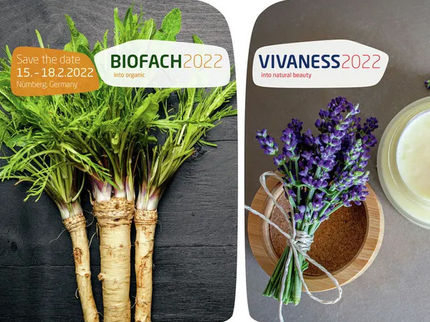EU Court of Auditors: weaknesses in organic food controls
The European Court of Auditors still sees weaknesses in the control of food with the EU organic label. Improvements were needed. "This is essential to maintain consumer confidence in the EU organic label," said Nikolaos Milionis, the responsible inspector, in Brussels on Thursday. The label with leaves of white EU stars on a green background is intended to confirm that vegetables, fruit and other goods have been produced in accordance with specified ecological criteria.

Photo by Daiga Ellaby on Unsplash
While the Court spoke of some improvements - including in Germany - in controls since its last report in 2012, the EU's top auditors also gave a number of examples of weaknesses. For example, Italian inspection bodies visited many farms towards the end of the year, which makes little sense for plant producers.
In France, some auditors did not post a list of their organic certificates on the Internet, which makes it difficult to trace products. In the Czech Republic there were false statements on inspection certificates regarding laboratory tests of products from non-EU countries. And for some products the place of origin was wrongly indicated.
People in the EU are buying more and more organic products. According to the Court of Audit, the retail trade generated a turnover of 30.7 billion euros in 2016, compared with only 18.1 billion euros in 2010. In 2016, agricultural land used for organic production accounted for 6.7 percent of total agricultural land. Most organic products purchased in the EU are also produced there.
With the EU organic label, at least 95 percent of the agricultural ingredients such as seeds must originate from organic production. In the case of inspections by private or public bodies, production and processing premises are inspected on the spot and the accounts checked, samples taken and tested for unauthorised substances.
The EU Commission monitors controls in the EU and can also do so in third countries. The Court calls on the Commission to work with EU countries to address weaknesses.
For its report last year, the Court of Auditors examined files from Germany (North Rhine-Westphalia), Ireland, Spain, France, Italy and Great Britain, among others. These countries have remedied many weaknesses since the last Court of Auditors report in 2012. Germany, for example, changed the law. But there are still problems.
The Court of Audit also visited Bulgaria, where the number of organic farms has grown rapidly in recent years, and the Czech Republic, where there are large organic farms /asg/DP/jha (dpa)
Most read news
Other news from the department business & finance

Get the food & beverage industry in your inbox
By submitting this form you agree that LUMITOS AG will send you the newsletter(s) selected above by email. Your data will not be passed on to third parties. Your data will be stored and processed in accordance with our data protection regulations. LUMITOS may contact you by email for the purpose of advertising or market and opinion surveys. You can revoke your consent at any time without giving reasons to LUMITOS AG, Ernst-Augustin-Str. 2, 12489 Berlin, Germany or by e-mail at revoke@lumitos.com with effect for the future. In addition, each email contains a link to unsubscribe from the corresponding newsletter.























































